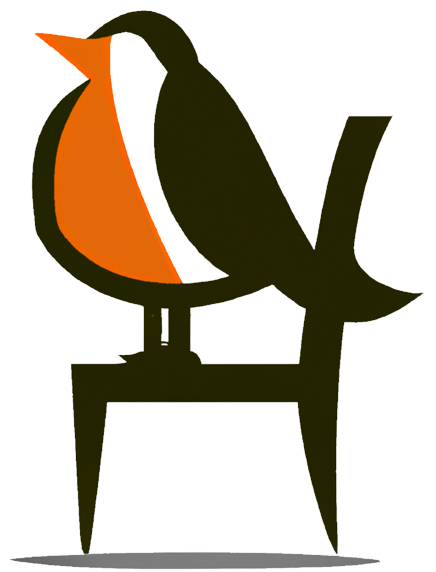Vancouver Time (PST)
Accepted Papers Talks |
Contact Info
E-mail: rhobinchallenge@gmail.com
Acknowledgements
Website template borrowed from: https://futurecv.github.io/ (Thanks to Deepak Pathak)


Accepted Papers Talks |
E-mail: rhobinchallenge@gmail.com
Website template borrowed from: https://futurecv.github.io/ (Thanks to Deepak Pathak)